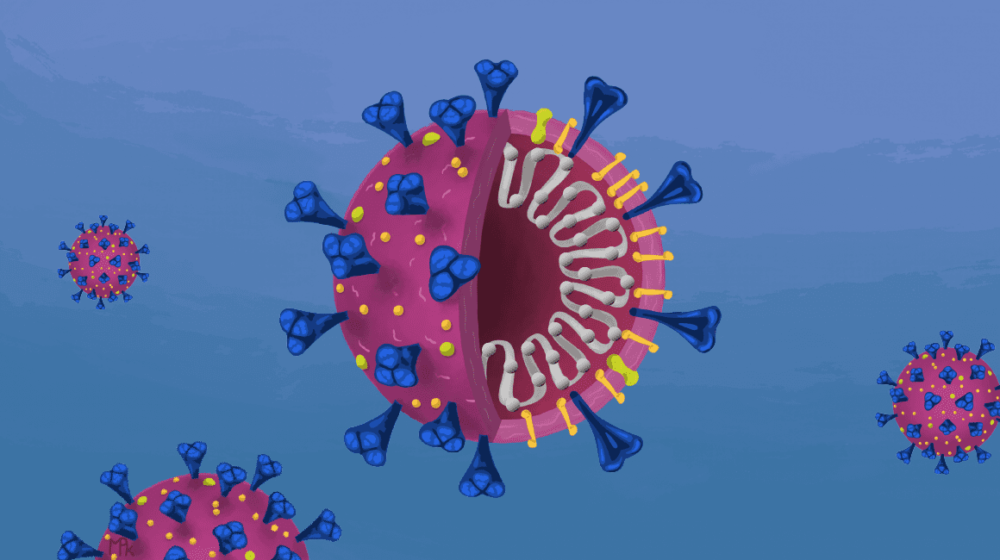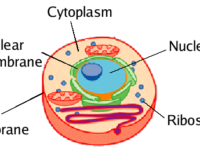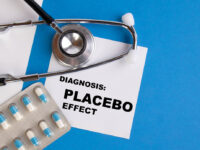With the release of the lockdown and the official announcement of the public health emergency’s end, a good portion of the general public no longer sees COVID-19 as much more than a slight cold, and not many people associate COVID-19 with severe and non-respiratory effects.
With COVID having been around since 2019, hospitals and researchers are now starting to see some of the long-term effects associated with the disease. One of these effects is postural orthostatic tachycardia syndrome (POTS). According to the American Journal of Medicine, 79% of COVID patients who had consistent symptoms for weeks to months after diagnosis have met the criteria for POTS. To understand why this is occurring, it is important to understand what POTS is and how it could relate to COVID-19.
Normally, a person’s autonomic nervous system is responsible for pacing blood flow, and in turn, balancing heart rate and blood pressure. However, someone with POTS has a dysfunctional autonomic nervous system and, therefore, cannot keep their blood pressure stable. A common symptom of POTS is a very fast heart rate during the transition from sitting to standing. This explains the naming of the condition: postural (body position), orthostatic (standing upright), and tachycardia (a heart rate exceeding 100 bpm). People often develop POTS when they have an autoimmune disorder, experience head injuries and other trauma, or survive serious infections. The cause behind the connection between POTS and COVID is still unknown and debated by researchers. Three leading theories for the development of POTS in COVID patients that are discussed in a 2023 review paper are COVID’s tendency toward hypovolemia, its neuroinvasive tendencies, and its autoimmunity.
Hypovolemia occurs when plasma levels, the fluid in blood, are too low. According to a case study done on a patient with COVID-19, the disease can cause hemorrhaging due to elevated c-reactive proteins in the body, which can ultimately result in hypovolemia. C-reactive proteins are produced by the body when there is inflammation or some sort of pathogen. High amounts of these proteins, however, can cause tissue damage. This activation of the proteins seen in COVID patients could also potentially lead to stimulation of the nervous system and POTS symptoms.
The experts from the review paper believe that COVID’s tendency to be neuroinvasive could also play a strong role in developing POTS. They pointed out that the virus can invade the central nervous system and the autonomic nervous system through multiple avenues including the GI tract, the ACE2 receptor of the brainstem, and the olfactory nerve. Knowing how essential the brain stem is in regulating the cardiovascular and autonomic nervous system, the neuroinvasive aspect may explain the prevalence of POTS in post-COVID patients. Focusing on the ACE2 receptor is also of interest to researchers. Once the virus enters through one of the receptors, it can replicate and attack any other organ expressing ACE2 which includes the heart and blood vessels (two organs involved in POTS).
While both ideas are potential explanations for the rise in cases, the writers of the paper believe that COVID’s role in autoimmunity is the most likely culprit. Coronavirus is known to produce antibodies against autonomic nerve fibers. This alone could show a connection to POTS, but coronavirus’s spike proteins are also an area of interest for researchers. The spike proteins can enter a cell and cause multi-system damage and dysregulation. Most importantly, the spike proteins have been found to be able to enter brain cells. According to a 2022 study by researchers at Tufts University, the spike proteins entering the brain could produce micrologia and eventually cause inflammation, since protective molecules cannot cross the blood-brain barrier. Micrologia are immune cells within the brain that are activated by certain stimuli. High amounts are associated with neuronal damage, and they could explain POTS and a dysfunctional autonomic system.
“As we move further from the pandemic, more long-term effects may present themselves, proving that the disease is not synonymous with a cold.”
While the exact cause of POTS from COVID-19 is not definitively known, it has been established that this is a pressing concern with more research needed. As we move further from the pandemic, more long-term effects may present themselves, proving that the disease is not synonymous with a cold.






